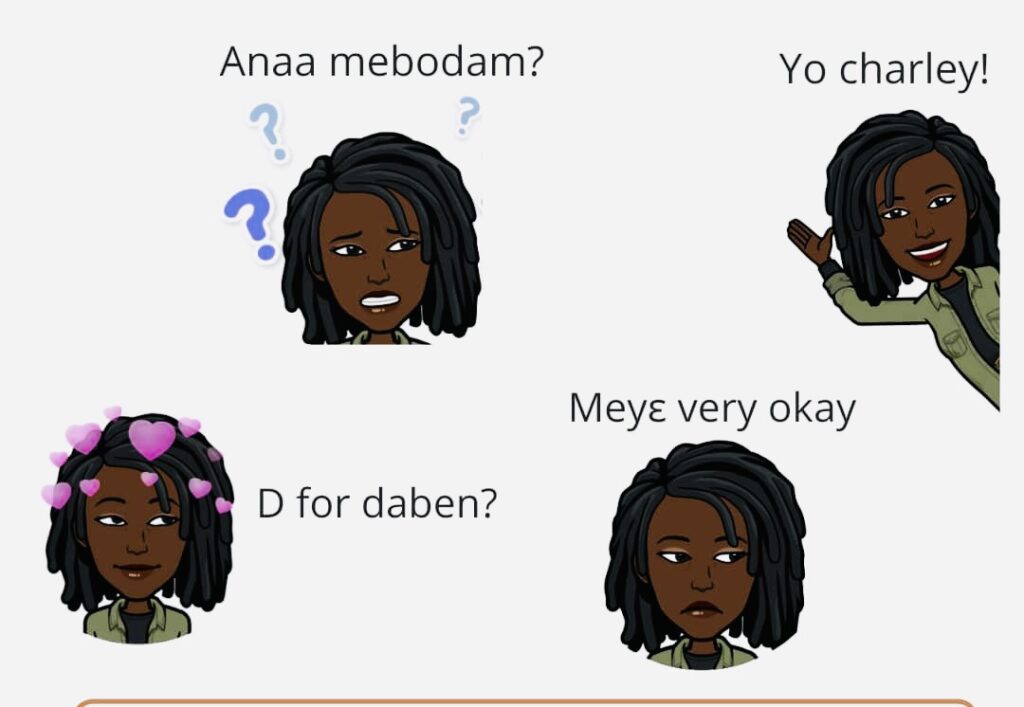
Image Source: https://slangsbyghanaians.wordpress.com/2020/09/04/14-popular-ghanaian-slangs-and-their-meanings/
Ghanaian Pidgin English, also known as Kru Borɔfo in Akan or Broken English, once considered a casual or street language, has gradually moved from the fringes of society to the heart of modern Ghanaian culture. Today, it is spoken by a wide range of people, from students to working professionals, and its influence is felt across various sectors including music, media, and social interactions.
This hybrid language, which blends English with local dialects, has become a symbol of contemporary Ghanaian identity, breaking down barriers and uniting different social groups under one unique form of expression. Its rise from informal conversations to mainstream acceptance speaks volumes about its power in shaping the Ghanaian way of life today.
By definition, Pidgin is a simplified language that develops as a means of communication between groups who do not share a common language. It is not the native language of any community but evolves out of necessity, often in situations where trade, migration, or colonization brings people together from different linguistic backgrounds. Pidgin borrows elements from various languages: vocabulary, grammar, and sounds but simplifies them for easier understanding and communication.

Historically, Ghanaian Pidgin English dates back to the colonial era, when Ghanaians first came into contact with Europeans, particularly the Portugues and the British. Local people, who had limited knowledge of English, began blending English with elements of their native language, arguably Fante since the Europeans first settled on the coast of the Fanteland, to create a simplified form of communication. This fusion of languages gave birth to what we now know as Ghanaian Pidgin English.
In those early days, Pidgin served as a practical solution for people who needed to communicate with the colonial administrators, traders, and missionaries but didn’t have full command of the English language. Before many Ghanaians became fluent in English, Pidgin was the stepping stone, an easier way for locals to engage with the foreign language while still maintaining aspects of their own dialects. Over time, what started as a basic means of communication evolved into the widely spoken Pidgin English that is cherished in Ghana today.
The composition of Ghanaian Pidgin English primarily draws from Akan, Ga, and the English language, making it different from the well-known Nigerian Pidgin English. While both share English as a base language, the heavy influence of Ghanaian languages gives Ghanaian Pidgin its unique structure. Despite the similarities, Ghanaian Pidgin has developed independently. Though there may be some overlap due to regional interactions, today’s Ghanaian Pidgin English is not merely a borrowed version of Nigerian Pidgin; it stands on its own as a unique and evolving form of expression in Ghana.
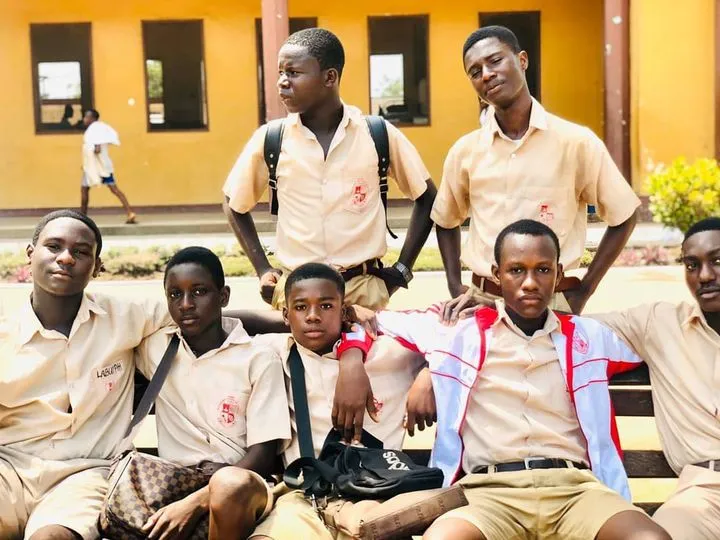
There was a time when Ghanaian Pidgin English became the unofficial language of high school and university students, who proudly took ownership of it. In these academic spaces, Pidgin thrived as a symbol of youthful identity, used in daily conversations and among peers. Students became the custodians of the language, passing it down from generation to generation, and it quickly spread within the educational community as of today.
With the rise of social media, Ghanaian Pidgin English found a new platform. Ghanaian netizens began using Pidgin widely on Twitter, Facebook, WhatsApp, and other online spaces. Its informal, expressive nature makes it a perfect fit for social media interactions, allowing users to connect with one another in a relaxed, relatable way. Today, Pidgin continues to dominate both online and offline conversations.
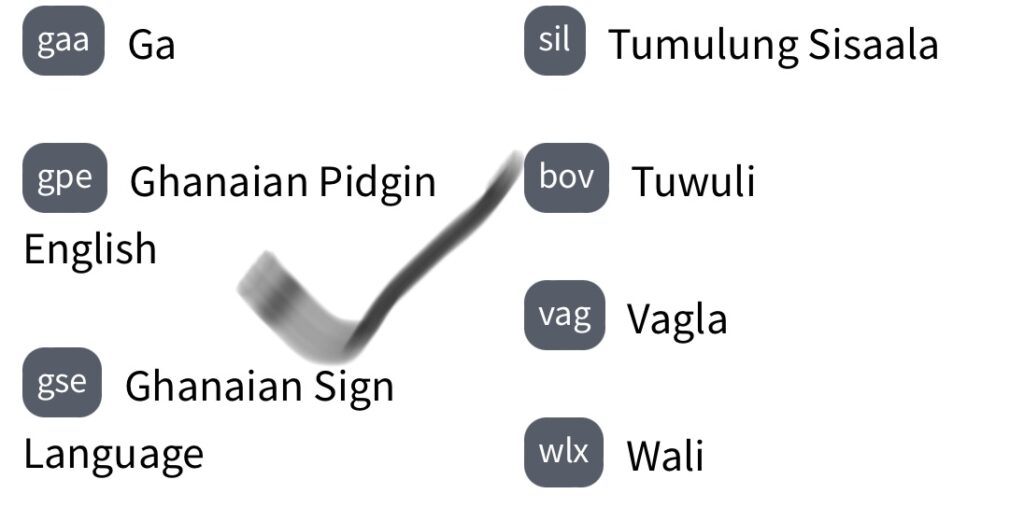
It comes as no surprise that the renowned global language resource, Ethnologue, has officially added Ghanaian Pidgin English to its list of recognized Ghanaian languages. This marks a significant milestone for a language that was once regarded as merely a street dialect. The recognition by Ethnologue shows the growing importance and influence of Ghanaian Pidgin English as it celebrates its evolution from an informal means of communication to a key part of Ghana’s linguistic and cultural identity.

Today, Ghanaian Pidgin English has achieved remarkable recognition, as it is now included among the many languages listed on the world’s free encyclopedia, Wikipedia. This approval supports the language’s growing prominence and acceptance both locally and globally. It is yet another milestone worth celebrating, marking its journey from a casual dialect to a significant part of Ghana’s linguistic identity.
Ghanaian Pidgin English has come a long way from its early days as a street language. Its journey shows how language can change and grow over time. With increasing recognition and acceptance, Pidgin has become more than just a way to communicate; it represents the voice of a generation and brings together people from different backgrounds. As it continues to be used in daily conversations and on social media, Ghanaian Pidgin English will play a bigger role in shaping the future of Ghanaian identity and culture.
Author: Ebenezer Kobinah Offen
Editor: Ama Gyesiwaa Quansah

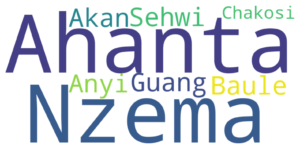
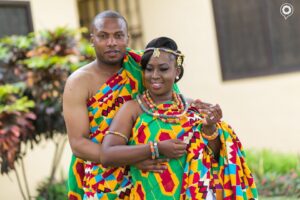

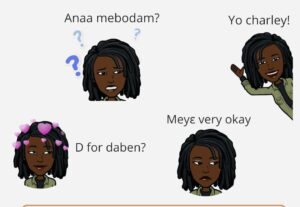
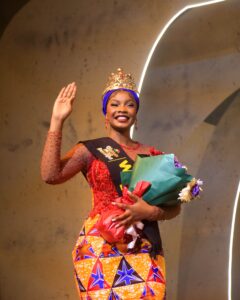

Impressive and interesting write up
Thank you. Keep working for the Pidgin English Wikipedia. Let’s work towards the survival of our languages 🤝